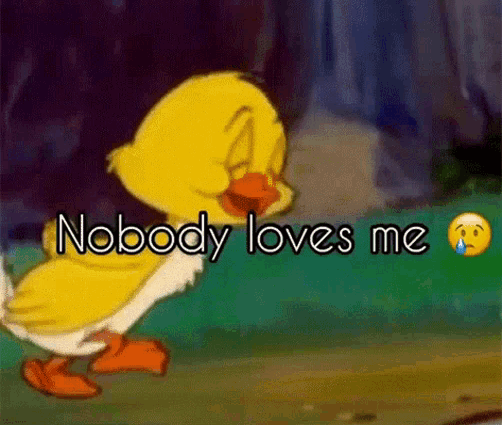Contents
They are sure that no one is interested. Their constant thirst for love and recognition is tiring for those around them and dooms them to loneliness. But they still cannot refuse the role of the victim. Why?
A colleague didn’t say hello, a friend forgot to wish him a happy birthday, they pushed him into the subway … Such different situations – and there is always one explanation: “No one loves me!” This is not easy to come to terms with, but such a statement is true: the lack of unconditional love from others is a reality that every adult faces.
“Our thirst for love is a strong, often unconscious need to relive that ideal love that only a mother can give her child,” explains Jungian analyst Konstantin Slepak. “But the perfect and absolute love of a mother is a feeling that only a child can claim.” As adults, we learn to overcome this frustration. Our love, affection, friendship is always the result of a bilateral relationship in which everyone is both a giver and a recipient. But some of us continue (as in childhood) to be in dire need of love, approval, support.
High bar
“I don’t need anyone” – this is often said by those who did not receive parental love in childhood, or at least live with this feeling, ”says Konstantin Slepak. However, too much parental love can lead to similar consequences. Growing up, the child will expect from others the same amount of attention that he received in childhood, but no one will be able to meet his inflated expectations. The insatiable need for new manifestations of love and recognition ultimately forces those around them to move away.
“It is difficult to stay close to someone who will never have enough feelings that they are ready to offer him,” continues Konstantin Slepak. “And of course, such a reaction feeds the resentment of the “misunderstood”, reinforcing his belief that the whole world is against him.”
The need to be the best
A constant “lack” of love is often felt by those who are dominated by narcissistic character traits.
“To be loved” for them means “to be the most loved”, that is, those who were preferred to the rest, says Konstantin Slepak. “However, it’s hard to admit that perhaps you don’t deserve the love that you claim, it’s easier to blame others for not bothering to be interested in you.”
Lack of confidence
The phrase “No one loves me!” sounds like an insatiable thirst for compliments.
Anyone who lacks self-confidence constantly needs positive assessments from the outside, and the more of them, the calmer the person feels. At the same time, he becomes very vulnerable to criticism: the slightest hint that he is imperfect makes him seek recognition with renewed vigor.
What to do?
Return to childhood. Try to remember your childhood. Ask yourself: Did I feel surrounded by attention? Did my parents show their love for me? The purpose of these reflections is to realize that your experiences and fears are related to your personal history, so it is useless to shift the responsibility for them to other people.
Remember everyone who loves you. You are probably exaggerating. Write the names of five close people and remember one of the last signs of attention: words of gratitude, a compliment. These gestures can hardly be called signs of great love, but they certainly prove that you are valued and valued.
Recognize your role. A close relationship is always a mutual exchange. Remember and write down the good things that you have done lately for people close to you. You will probably find that the pleasure of being able to give love is no less than the joy of being able to receive it.
Turn it into dignity. Through a process that psychoanalysts call sublimation, the destructive need for love can become a force that can fill the inner emptiness and satisfy spiritual hunger. Artistic creativity, scientific research, charity. Everyone is able to find something that will allow him to turn frustration into a source of positive emotions.
“I tried to say these words myself”
Yana, 37 years old, artist
“I grew up with the feeling that no one needs me. At some point, I had dizziness and hearing problems, but only psychotherapy helped me understand what was really happening to me. Psychotherapy did not fill the void, but taught to live with it. For many years, until my mother’s death, I hoped to hear from her: “I love you.” My mother would be furious if she saw that I had gone into something other than law, the profession she trained me for. She would not understand that all the colors that I put on my canvases are the same “I love you” that she could not give me.
Advice for those around you
Anyone who feels not loved enough, first of all, wants to be attentive to him, support and protect him at the moment when he needs it. But do not put yourself entirely at his disposal – this will not help heal his spiritual wound.
Learn to give another “part of” your love and don’t despair if you can’t change the situation. Do not blame yourself for this, because this emotional “hunger” is a trace of his personal history.










